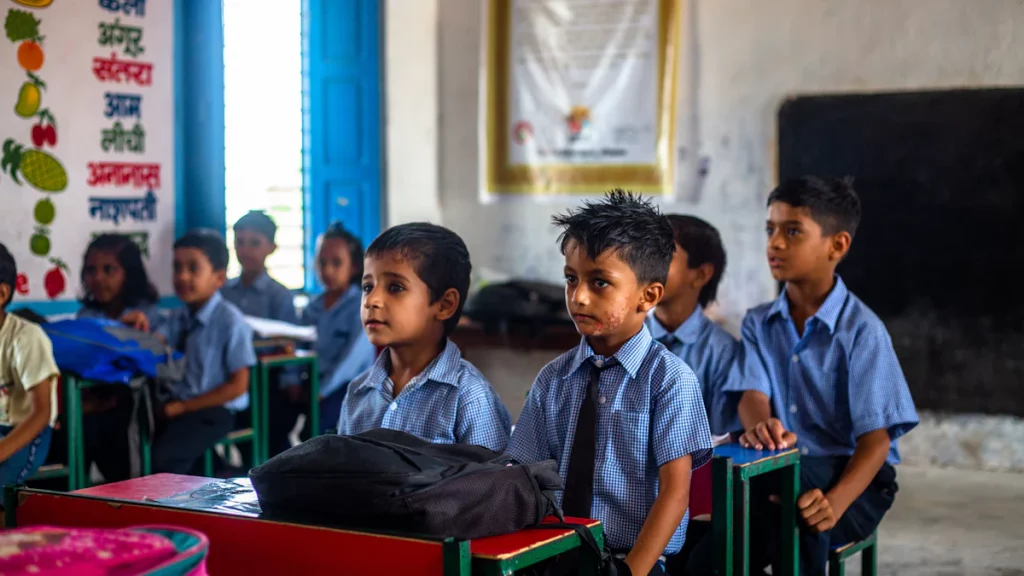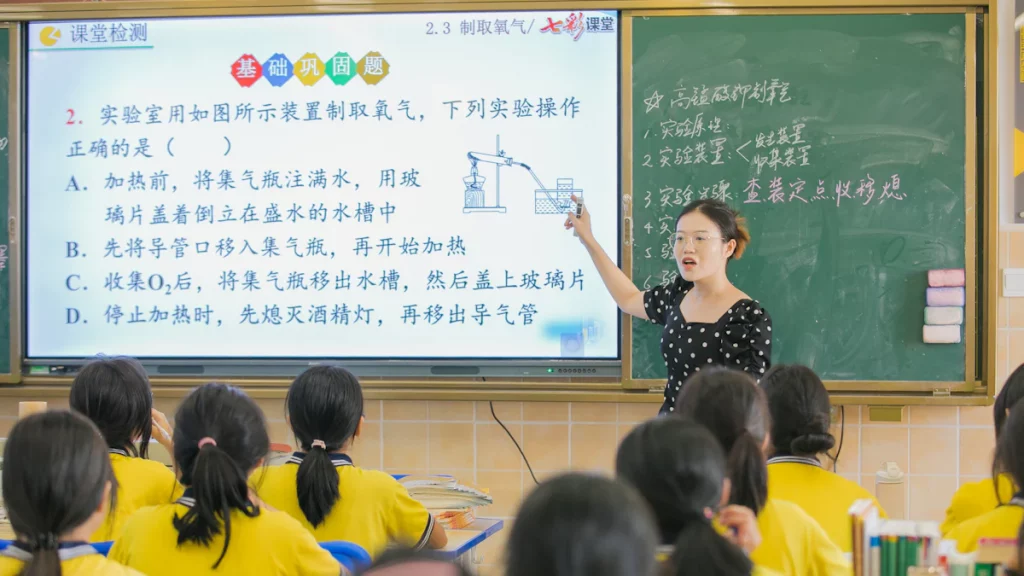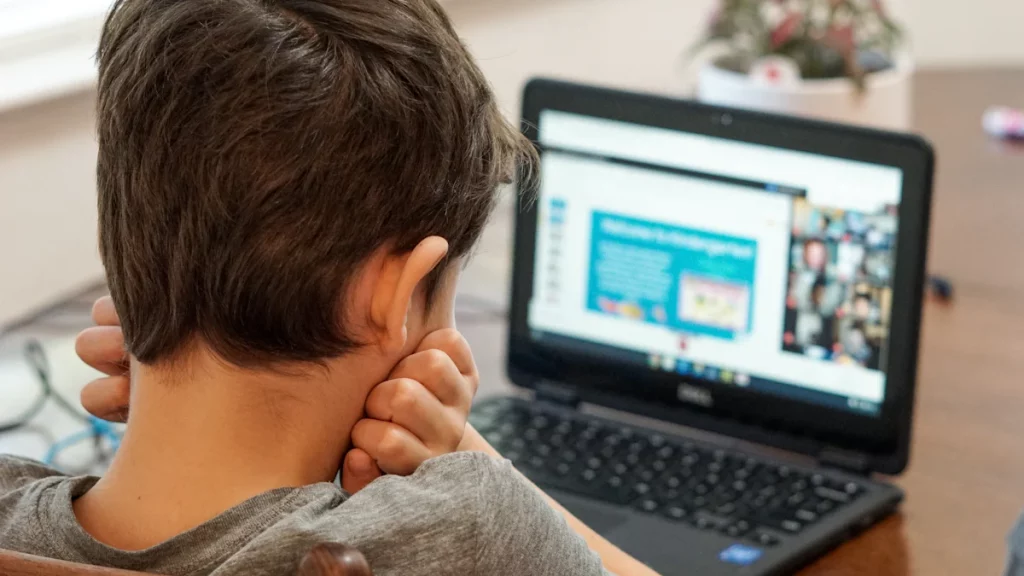Challenges Faced by Teachers in India
Teaching is a demanding profession, and teachers in India face several challenges that can hinder their effectiveness. One of the major challenges is the lack of planning time. With heavy workloads and multiple responsibilities, teachers often struggle to find dedicated time for planning lessons and activities.
Another challenge is the excessive non-teaching tasks that teachers are required to handle. From administrative duties to paperwork, these tasks take away precious time that could be spent on teaching and interacting with students.
Lastly, there is a need for continuous professional development. The education landscape is constantly evolving, and teachers must stay updated with the latest teaching techniques and subject knowledge. However, finding relevant professional development programs can be a challenge in itself.
These challenges highlight the importance of implementing effective time management strategies for teachers in India. By addressing these issues head-on, teachers can enhance their productivity and create a more conducive learning environment for their students.
Prioritize Tasks and Create a Daily Schedule
As teachers in India juggle multiple responsibilities, it is crucial to prioritize tasks and create a daily schedule to make the most of their time. By doing so, teachers can ensure that they focus on the most important tasks and accomplish them efficiently.
To begin with, it is essential to identify the most important tasks. Teachers should assess their workload and determine which tasks have the highest impact on student learning. This could include planning lessons, grading assignments, or preparing for assessments. By identifying these tasks, teachers can allocate their time and energy accordingly.
Once the tasks are identified, it is helpful to rank them based on urgency and importance. Urgent tasks that require immediate attention should be given priority, while important but less urgent tasks can be scheduled for later. This helps in managing time effectively and prevents last-minute rushes.
Creating a daily schedule is another effective strategy for teachers to manage their time efficiently. Teachers should allocate specific time slots for different tasks based on their priorities. For example, they can dedicate the morning hours for lesson planning and preparation, followed by teaching during school hours. After school, they can set aside time for grading assignments or attending meetings.
It is crucial to set realistic goals for each day when creating a daily schedule. Teachers should consider factors such as the complexity of tasks and available resources before setting expectations. Setting achievable goals not only boosts productivity but also reduces stress levels.
By prioritizing tasks and creating a daily schedule, teachers in India can optimize their time management skills and ensure that they accomplish their responsibilities effectively. This approach allows them to stay organized, focused, and better equipped to meet the needs of their students.
Delegate Non-Teaching Tasks to Support Staff
Teachers in India often find themselves burdened with numerous non-teaching tasks that take away valuable time from their primary role of educating students. One effective strategy to manage these tasks is by delegating them to support staff, allowing teachers to focus on their core responsibilities.
To begin the delegation process, it is important for teachers to identify the non-teaching tasks that can be delegated. This could include administrative duties such as record-keeping, organizing materials, or managing paperwork. By making a list of these tasks, teachers can gain clarity on which ones can be assigned to support staff.
Once the non-teaching tasks are identified, it is crucial for teachers to communicate clearly with the support staff regarding their expectations and requirements. Effective communication ensures that both parties have a clear understanding of the task at hand and reduces the chances of misunderstandings or errors.
In addition to clear communication, providing necessary training and guidance is essential when delegating tasks. Teachers should ensure that support staff members have the knowledge and skills required to complete the assigned tasks effectively. This may involve providing training sessions or creating detailed guidelines for reference.
By delegating non-teaching tasks to support staff, teachers can free up valuable time and energy that can be redirected towards teaching and interacting with students. This not only improves productivity but also allows teachers to focus on their areas of expertise. Delegation promotes collaboration within the school community and creates a more efficient working environment for everyone involved.
Attend Professional Development Programs
Professional development plays a crucial role in the growth and success of teachers in India. By attending professional development programs, teachers can stay updated with the latest teaching techniques, enhance their subject knowledge, and improve their overall teaching skills.
One of the key reasons why professional development is important is to stay updated with the ever-evolving field of education. New research, methodologies, and technologies are constantly emerging, and attending professional development programs allows teachers to learn about these advancements. This helps them incorporate innovative strategies into their teaching practices and create a more engaging learning environment for their students.
In addition to staying updated, professional development also provides opportunities for teachers to enhance their subject knowledge. It allows them to deepen their understanding of the subjects they teach and explore new ways to present complex concepts. This not only benefits the students but also boosts the confidence and expertise of the teachers themselves.
To find relevant professional development programs, teachers can explore both online and offline opportunities. Online platforms offer a wide range of courses, webinars, and workshops that can be accessed from anywhere at any time. Offline options include attending workshops, seminars, conferences, or joining local teacher associations. By actively seeking out these programs, teachers can choose those that align with their interests and areas for growth.
Attending professional development programs demonstrates a commitment to continuous learning and improvement as an educator. It not only enhances teaching skills but also opens doors for networking with other professionals in the field. By investing in their own professional development, teachers in India can elevate their practice and make a positive impact on student learning outcomes.
Implement Classroom Management Techniques
Effective classroom management is essential for creating a positive and productive learning environment. By implementing various classroom management techniques, teachers in India can establish clear rules and expectations, as well as utilize time-management strategies to optimize instructional time.
To begin with, it is important for teachers to establish clear rules and expectations in the classroom. Communicating these rules to students at the beginning of the academic year or semester sets a foundation for a well-managed classroom. Teachers should clearly explain behavioral expectations, academic standards, and consequences for non-compliance. Consistently enforcing these established rules helps create a structured environment where students understand what is expected of them.
In addition to establishing clear rules, teachers should also use time-management strategies within the classroom. Allocating specific time slots for different activities helps ensure that all necessary tasks are completed within the given timeframe. This includes setting aside time for instruction, independent work, group activities, and assessments. By planning ahead and adhering to these time allocations, teachers can maximize instructional time and minimize disruptions.
Minimizing disruptions and transitions is another important aspect of effective time management in the classroom. Teachers can achieve this by creating smooth transitions between activities, using signals or cues to indicate when it's time to move on to the next task. Additionally, minimizing distractions such as unnecessary noise or clutter helps maintain focus during instructional periods.
By implementing these classroom management techniques, teachers can create an environment that fosters student engagement and learning. Clear rules and expectations promote discipline and respect among students while optimizing instructional time through effective time-management strategies ensures that students receive quality education in an organized manner.
Establish Work-Life Balance Through Proper Planning
Maintaining a healthy work-life balance is crucial for the well-being and effectiveness of teachers in India. By establishing work-life balance through proper planning, teachers can ensure that they have time for personal activities and avoid bringing work home.
To begin with, it is important for teachers to set boundaries between their personal and professional lives. This involves dedicating specific time for personal activities, hobbies, and spending quality time with family and friends. By creating a clear separation between work and personal life, teachers can recharge and rejuvenate themselves, which ultimately enhances their overall job satisfaction.
Avoiding the temptation to bring work home is another key aspect of establishing work-life balance. Teachers should strive to complete their tasks within the designated working hours and avoid taking unfinished work home. This allows them to fully disconnect from work during their personal time, reducing stress levels and promoting a healthier lifestyle.
Taking regular breaks throughout the day is essential for maintaining productivity and practicing self-care. Teachers should schedule short breaks in between classes or during planning periods to relax and recharge. Engaging in activities that reduce stress, such as meditation, exercise, or pursuing hobbies, can also contribute to a better work-life balance.
By prioritizing personal well-being and implementing proper planning techniques, teachers can establish a healthy work-life balance. This not only benefits their mental health but also improves job satisfaction and overall effectiveness in the classroom. Striking a balance between professional responsibilities and personal life allows teachers to bring their best selves into the classroom while still enjoying fulfilling personal lives outside of school hours.
Benefits of Effective Time Management Strategies
Implementing effective time management strategies can yield several benefits for teachers in India. Firstly, it improves their professional status by allowing them to be more organized and efficient in their work. This, in turn, enhances their reputation as dedicated and competent educators.
Secondly, effective time management strategies provide teachers with increased planning time. By allocating specific time slots for different tasks and prioritizing responsibilities, teachers can dedicate more focused time to plan engaging lessons and activities for their students.
Lastly, implementing effective time management strategies helps reduce non-teaching tasks. By delegating administrative duties or utilizing support staff effectively, teachers can free up valuable time that can be redirected towards teaching and interacting with students.
Overall, by adopting and practicing effective time management strategies, teachers can experience improved professional standing, increased planning time, and reduced non-teaching tasks. These benefits contribute to a more fulfilling and successful teaching career while creating a positive impact on student learning outcomes.




